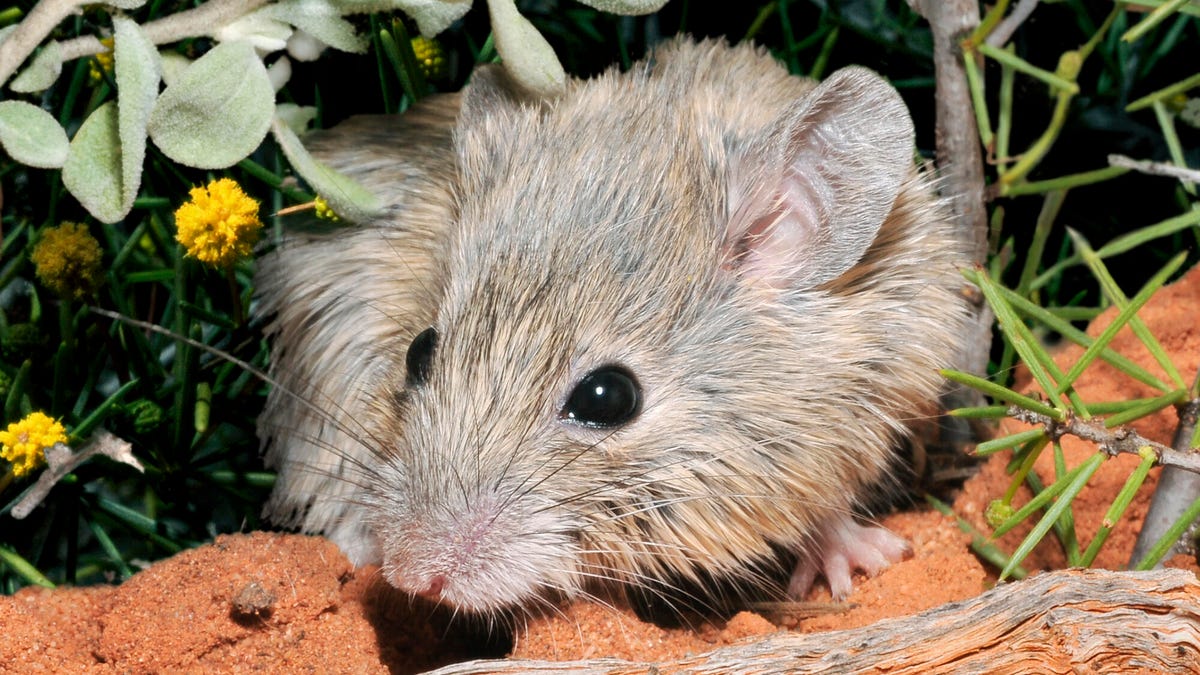Back from the dead: Scientists discover mouse believed to be extinct for 150 years
It's not all good news. The species suffered a "huge population collapse."

The Shark Bay mouse is the same as the Gould's mouse, which was thought to be extinct.
We have good news and bad news. A mouse thought to be extinct has turned out to still be alive. Unfortunately, its discovery is also a sign of biodiversity loss in Australia.
Researchers had thought Gould's mouse, a rodent native to Australia, had been extinct for over 150 years. A team studying the decline of native species conducted a study comparing DNA from eight extinct rodents with 42 living rodents. They found Gould's mouse was the same as a living species known as the Shark Bay mouse.
The Shark Bay mouse can be found on islands off the coast of Australia, but it once thrived on the mainland before Europeans colonized the area. Native rodents make up 41% of mammal extinctions in Australia since the late 1700s.
"It is exciting that Gould's mouse is still around, but its disappearance from the mainland highlights how quickly this species went from being distributed across most of Australia, to only surviving on offshore islands in Western Australia," biologist Emily Roycroft said in an Australian National University statement on Monday. "It's a huge population collapse."
Roycroft is the lead author of a paper on the rodents published in the PNAS journal. Australian National University described the mouse's rediscovery as a "shock find."
The study suggests the eight extinct rodents once had large and widespread populations. Roycroft points to the impact of European colonization -- including feral cats, the introduction of invasive species and the clearing of land for agriculture -- as a culprit in the loss of native species.
"We still have a lot of biodiversity to lose here in Australia," Roycroft said, "and we're not doing enough to protect it."

